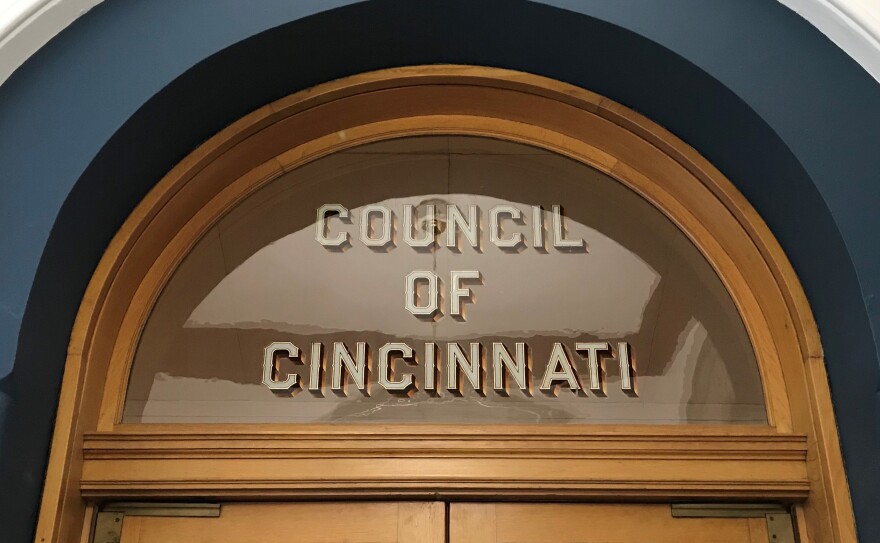Cincinnati Mayor John Cranley said there'll be a special city council meeting Friday related to the COVID-19 crisis.
Cranley told council members Wednesday it involves funding the city government.
"To pass legislation that authorizes the administration to borrow, if necessary, for general fund purposes," Cranley said. "This is a contingency. Hopefully we won't need it."
Cranley said the measure is to make sure the city is prepared for the worst case scenario.
"I want us to have the authority needed to make sure that we can continue to provide clean water, sanitation, police, fire," Cranley said. "Those essentially vital services that our society cannot function without."
The general fund budget right now has a surplus because of higher than expected income tax collections so far this fiscal year. Thru the end of January, the city had collected $24.1 million more than what was forecast. But those income tax collections could decline as the economy slows because of the coronavirus.
Meanwhile, some council members may participate in Friday's meeting remotely because of concerns about the virus.
City Solicitor Paula Boggs Muething said if a council member can provide a reason under one of the emergency declarations about why he or she cannot participate in person, that person could be involved remotely. The city is working on the technology that will allow that to happen.
"The member who's participating remotely to be able to hear and be heard as he or she would in a normal meeting," Boggs Muething said. "And the public still has access to that entire communication, then that would be acceptable."
At least two Cincinnati City Council members urged Tuesday for the group to hold remote meetings for the duration of the COVID-19 pandemic.
Council Member Jeff Pastor sent an e-mail to Boggs Muething requesting remote meetings for council and committees, and Council Member Chris Seelbach replied that he completely agreed.
"For the safety of the public, city staff and the citizens we serve, we must do all that we can to stop the spread of the coronavirus," Pastor wrote. "As elected officials, we must lead by example."
Pastor didn't attend Wednesday's meeting citing concerns about protecting "immediate family and friends who are close to me who are high-risk."
Attorney General Dave Yost issued a letter last week to local officials concerning COVID-19 and Ohio's Open Meetings Act (OMA).
"Under this very limited fact pattern, there may be a basis for local public bodies to use electronic means to meet and comply with the law," Yost wrote.
He suggested local officials discuss the matter with legal council before making any decisions.



